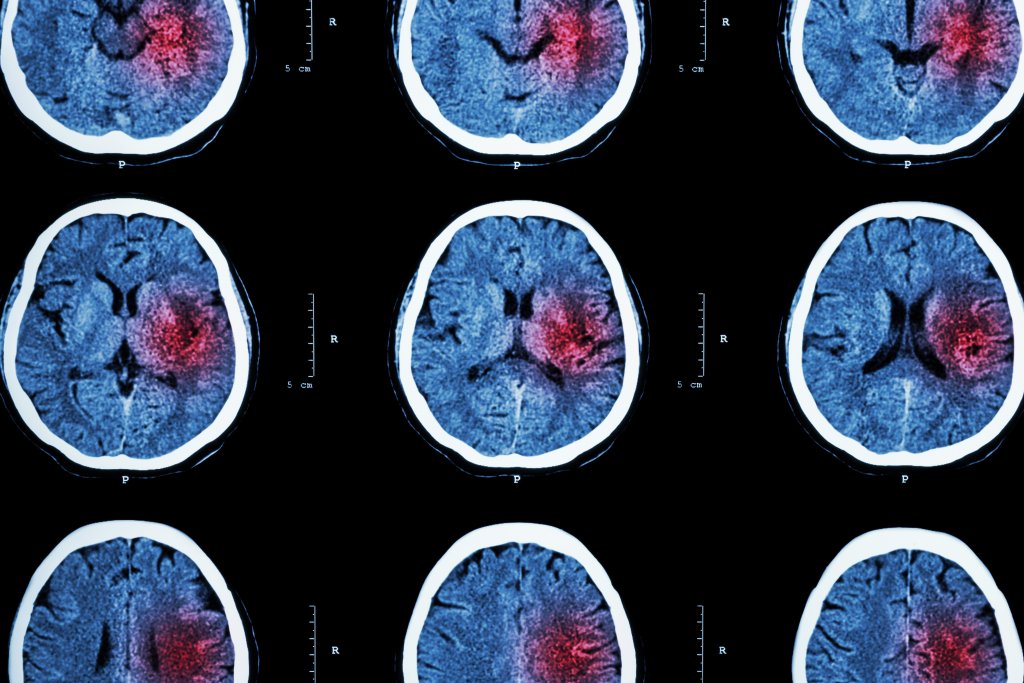Neurosurgery includes primarily the surgical treatment of damages, illnesses, deformities or injuries to the peripheral and central nervous system. In Germany, the training to become a specialist in neurosurgery takes six years after studying medicine.
Among the most common treatment methods performed by a neurosurgeon are brain surgeries, especially operations in brain tumors, hemorrhages, infarcts, craniocerebral traumas and vascular malformations. But also the treatment of nerve damages as well as herniated discs, bone tumors, compression syndromes of nerves, transplants and acute care after injuries are part of the treatment spectrum of a neurosurgeon.
Wilhelm Tönnis (1898-1978) was a well-known German neurosurgeon and pioneer of modern neurosurgery. Especially the classification of brain tumors is attributed to him.


